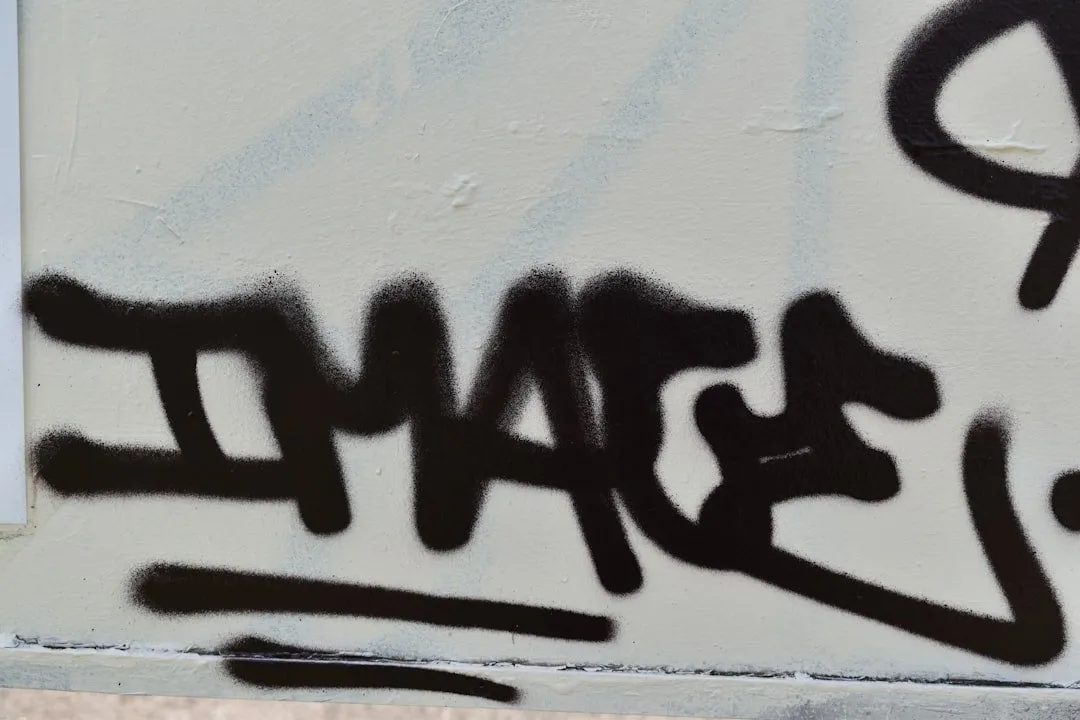Kratom, though legal in most of Michigan, faces varying local restrictions due to its opiate-like properties. Its primary compounds, mitraginin and 7-hydroxymitragynine, interact with opiate receptors, setting it apart from traditional opioids. Confusion arises from federal classification as a Schedule I drug and differing municipal laws. Individuals seeking mental focus should research local regulations regarding kratom usage in Michigan to ensure compliance.
Kratom, derived from the tropical plant Mitragyna speciosa, has gained attention for its potential benefits in enhancing mental focus and clarity. This natural alternative offers a unique approach to cognitive enhancement, but its legality varies across regions, including Michigan. While some forms of kratom are legal in the state, it’s crucial to understand the regulations and scientific insights into its impact on cognitive functionality before considering its use.
- Understanding Kratom: A Natural Alternative for Mental Focus
- Legal Considerations: Is Kratom Legal in Michigan?
- Exploring the Science: Kratom's Impact on Cognitive Functionality
Understanding Kratom: A Natural Alternative for Mental Focus

Kratom, derived from the leaves of the Mitragyna speciosa tree, has gained popularity as a natural alternative for enhancing mental focus and clarity. Often referred to as “herbal opium,” kratom is not technically an opioid, despite its name and some chemical similarities. It contains various compounds called alkaloids, including mitraginin and 7-hydroxymitragynine, which are believed to interact with the body’s opiate receptors, providing a range of effects, including pain relief, relaxation, and increased focus.
In Michigan, the legal status of kratom is a topic of interest and debate, especially for those looking to use it for its potential cognitive benefits. As of now, kratom is generally considered legal in the state, but local laws can vary, making it crucial for residents to stay informed about their area’s regulations. Unlike some other substances, kratom doesn’t carry the same level of public concern as opioids or other controlled substances, but responsible usage and understanding its effects are essential.
Legal Considerations: Is Kratom Legal in Michigan?

In the state of Michigan, the legality of Kratom has been a subject of ongoing debate and clarification. While Kratom—a natural herb derived from the plant Mitragyna speciosa—has gained popularity for its potential to enhance mental focus and clarity, its status as a controlled substance remains unclear in many areas, including Michigan. As of recent updates, possessing and using Kratom is generally legal throughout most of the state, but with certain restrictions.
However, it’s crucial to note that local ordinances can vary, and some cities or counties within Michigan have implemented bans or restrictions on the sale and possession of Kratom. Additionally, federal laws categorize mitragynine, the primary psychoactive compound in Kratom, as a Schedule I controlled substance, which has led to confusion and inconsistency in state-level regulations. Therefore, before considering Kratom for improved mental focus, individuals should thoroughly research local laws and consult official resources to ensure compliance with Michigan’s evolving regulatory landscape regarding this herb.
Exploring the Science: Kratom's Impact on Cognitive Functionality

Kratom presents a natural and potentially effective solution for enhancing mental focus and clarity, as supported by emerging scientific research. However, it’s crucial to navigate its legal status in Michigan, where it remains subject to changing regulations. Understanding the science behind kratom’s cognitive benefits is essential for informed decision-making. Remember that while kratom may offer advantages, it’s important to consult professionals and consider individual tolerances and potential side effects. In terms of improving mental focus, kratom could be a game-changer for many, but always ensure it remains within the legal framework in Michigan.














